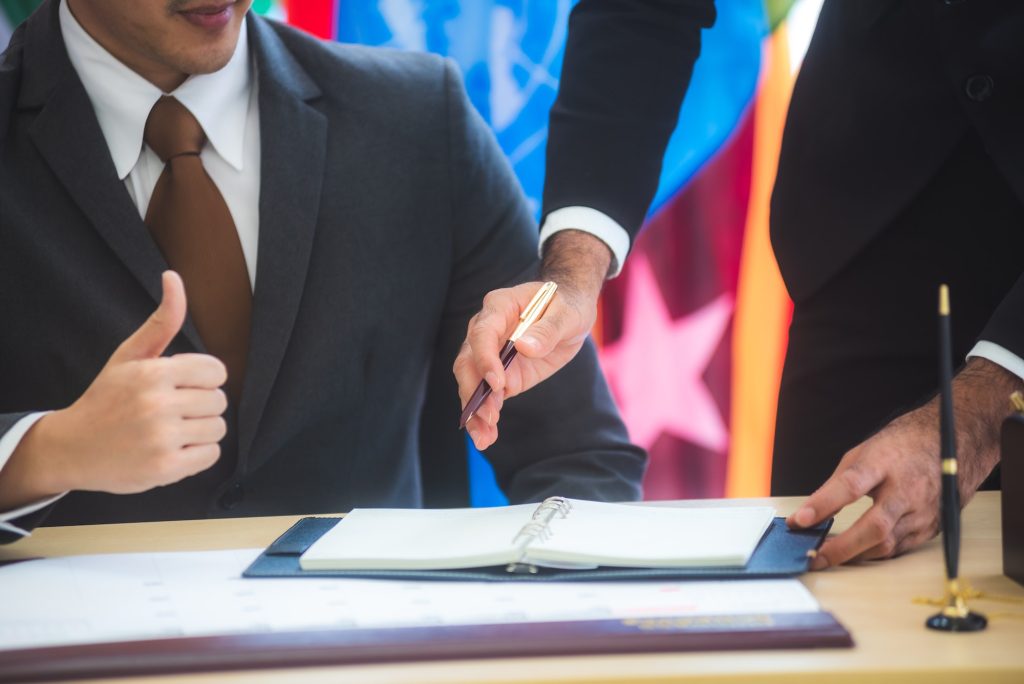
Analyzing historical diplomatic cases can help us understand how past events have shaped international relations. One such case is the Cuban Missile Crisis of 1962. The crisis was a standoff between the United States and the Soviet Union over Soviet missiles in Cuba. The situation was resolved through diplomacy, with both sides agreeing to remove their missiles from Cuba and Turkey. This event demonstrated that diplomacy can be an effective tool for resolving conflicts without resorting to War.
Another historical diplomatic case is the Treaty of Versailles, which ended World War I in 1919. The treaty imposed harsh penalties on Germany, including massive reparations payments and territorial losses. This led to resentment among Germans and contributed to the rise of Adolf Hitler’s Nazi party in Germany in the 1930s. The treaty showed that punitive measures could have unintended consequences leading to future conflicts.
Recent diplomatic cases also offer insights into current international relations challenges. One such case is North Korea’s nuclear program, which has been a source of tension between North Korea and other countries for decades. Diplomatic efforts have been made to persuade North Korea to abandon its nuclear program, but they have failed.
Another recent diplomatic case is climate change negotiations among nations at global conferences such as COP21 in Paris in 2015 or COP26 in Glasgow this year (2021). These negotiations aim at reducing greenhouse gas emissions globally but often need help due to conflicting interests among different countries.
In analyzing these diplomatic cases, it becomes clear that diplomacy requires patience, persistence, creativity, and flexibility from all parties involved if it is going to be successful.
Analyzing historical and contemporary diplomatic cases is crucial for understanding the complexities of international relations. Diplomacy can effectively resolve conflicts and promote cooperation, but it requires careful planning, communication, and compromise from all parties involved. By studying past and present diplomatic cases, we can learn valuable lessons to help us navigate current and future challenges in international relations.
